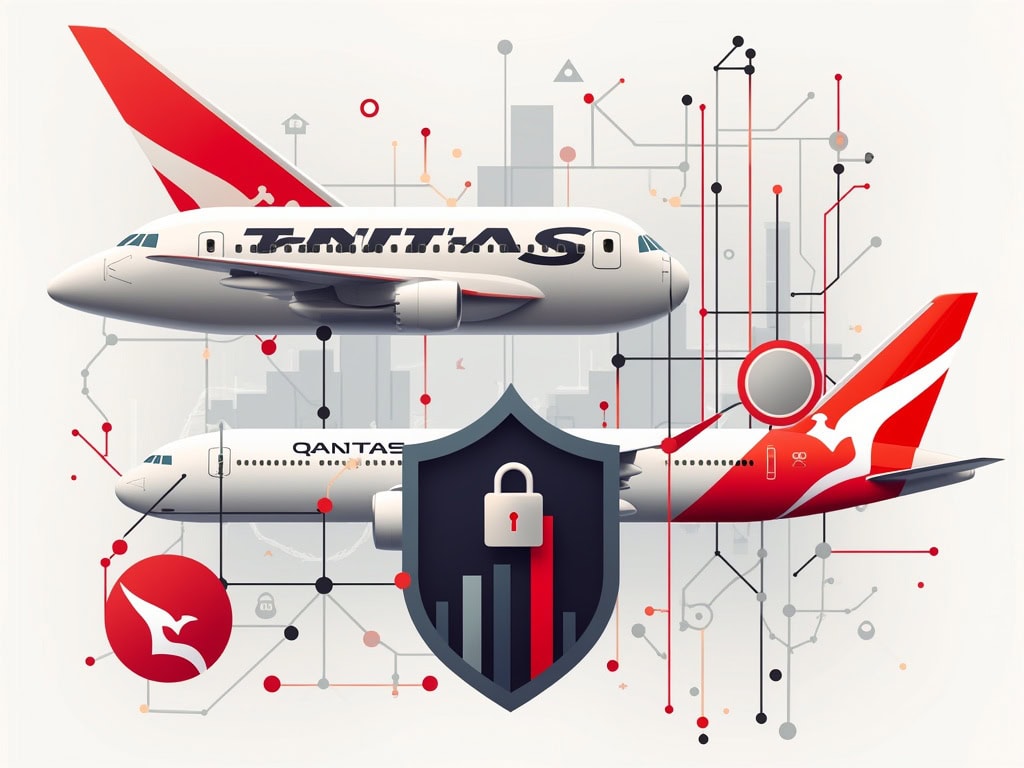Qantas CEO’s Bonus Cut: A Turning Point for Cybersecurity Accountability

Qantas CEO Faces Bonus Cut Following Major Cyber Breach
Qantas Airways has reduced CEO Vanessa Hudson's short-term bonus by 15% following a significant cyber breach that exposed personal data of up to six million customers. The penalty amounts to A$250,000, though Hudson's total compensation still increased to A$6.3 million for fiscal 2025.
The data breach, discovered in June 2025 at the airline's Manila call center, compromised sensitive customer information including names, email addresses, phone numbers, birth dates, and frequent flyer numbers. Organizations can prevent similar incidents by implementing comprehensive security-by-design principles in their infrastructure.
Executive Accountability in Cybersecurity
The airline's decision represents a rare instance of direct financial consequences for leadership following a cyber incident. Other executives faced similar penalties, with combined bonus reductions totaling A$550,000.
"Cybersecurity is the responsibility of everyone within the organization, and accountability for this starts with the CEO," says Dave Gerry, CEO at Bugcrowd. "The reality is that the accountability for funding, prioritizing, and evangelizing security practices sits with the CEO and senior leadership team."
Modern businesses must implement robust data protection strategies to safeguard sensitive information and maintain customer trust.
Industry Impact and Future Implications
This development could reshape how organizations approach cybersecurity governance. Insurance companies and investors are increasingly demanding that executive incentives reflect cybersecurity performance, not just financial outcomes.
John Watters, CEO at iCOUNTER, notes, "The last headline I can recall about a CEO being held responsibility for a breach dates back to the Target breach in 2013 when the CEO was forced to step down the following year. It will certainly be interesting to see if this is a once-a-decade event or if it becomes the norm moving forward."
Small and medium businesses should take note and establish appropriate cybersecurity measures for their scale.
Building a Resilient Security Culture
Organizations must strengthen their security posture through:
- Integration of cybersecurity metrics into executive compensation structures
- Development of long-term cybersecurity KPIs
- Implementation of clear reporting mechanisms
- Regular security awareness training for all employees
According to recent NIST cybersecurity guidelines, organizations should prioritize proactive security measures over reactive responses.
While Hudson's total compensation still increased due to strong post-pandemic performance, this precedent-setting penalty signals a new era in corporate cybersecurity accountability. Organizations worldwide may need to reassess their approach to cyber risk management and executive responsibility.

